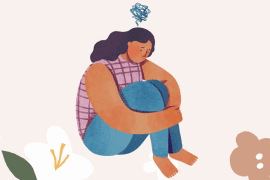“Dry July” is a phrase thrown around a lot. You may have completed it yourself, know someone who has, or are reluctant to participate – either way, educating yourself on this campaign could be the first step to a life-changing realisation.
What is Dry July?
In July 2008 in Sydney, Australia, three mates, Brett, Kenny and Phil, wanted to take a break from booze and decided to give up alcohol for the month of July, coining the name “Dry July“.
Hoping to raise $3,000 to buy a TV for their local hospital’s waiting room, the campaign was a huge success and the very first Dry July in Australia ended up raising $250,000, thanks to the support of radio host Adam Spencer, and Dry July was well and truly born!
Dry July crossed the ditch to New Zealand in 2012, and since then has inspired 29,000 Kiwis across the country to go dry. Their efforts have raised $3.8 million for those affected by cancer, and has also funded more than 170 cancer-based projects for 15 beneficiary organisations nationwide. These efforts cannot be underestimated – Dry July is a huge deal for those directly or secondarily affected by cancer.
What are the benefits of Dry July?
Dry July is a particularly good challenge for parents, as it presents endless opportunities for self-betterment, which in turn effect the health and wellbeing of your children. Weight loss, a sense of achievement, financial gains, increased energy levels, higher productivity and a fresh approach to alcohol consumption are all likely outcomes of Dry July completion.
Swearing off alcohol, even for a just a month, has surprisingly long-lasting health benefits.
Swearing off alcohol, even for a just a month, has surprisingly long-lasting health benefits. Researchers from the University of Sussex analysed data from more than 2,800 individuals who took part in Dry July 2018, and their findings were shocking – as a result of taking part in the challenge, people reduced their drinking days from 4.3 to 3.3, and reduced their units of alcohol per drinking day from 8.6 to 7.1. Almost all participants commented on improved sleep patterns, and 60% said they lost weight.











